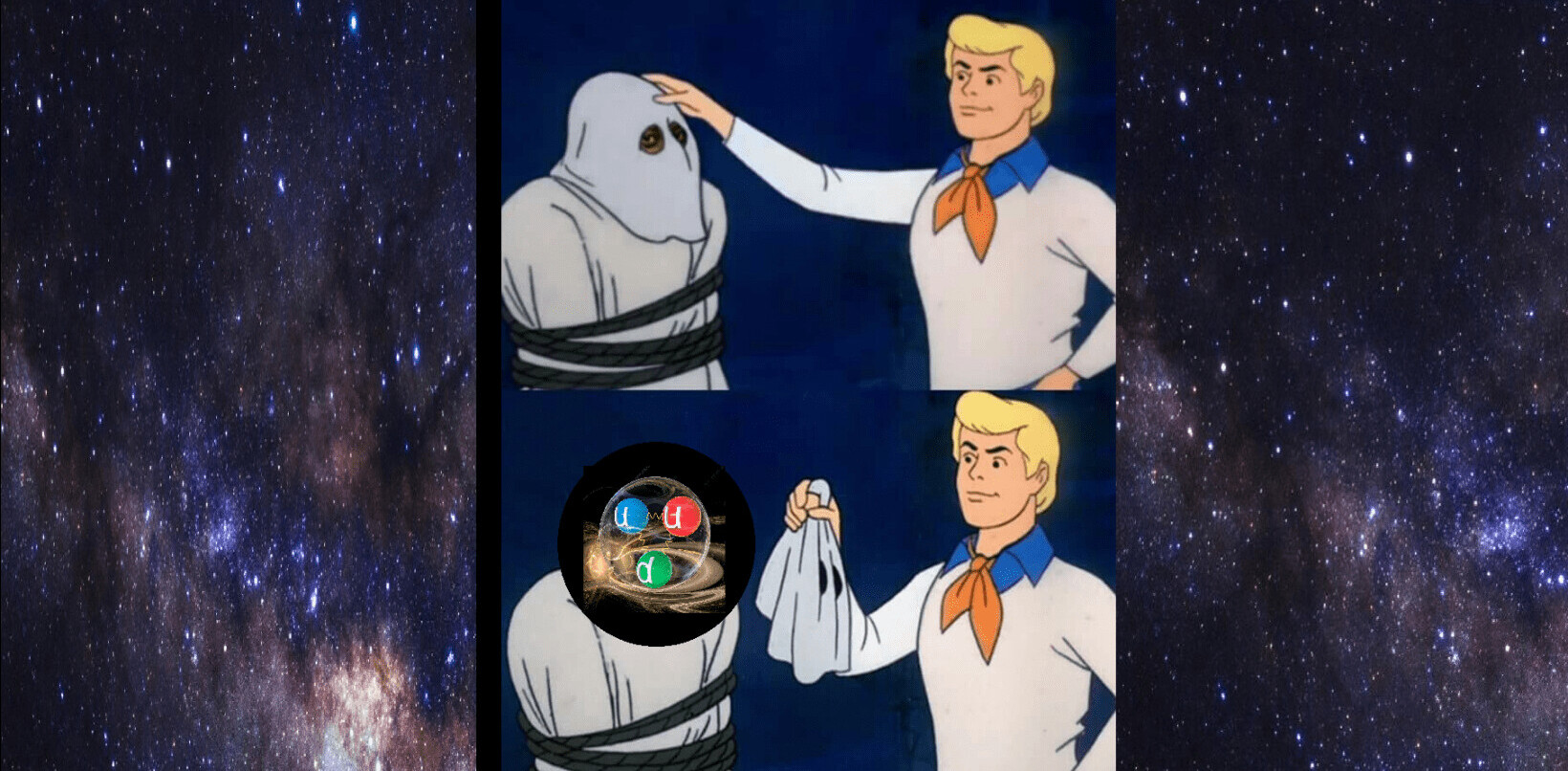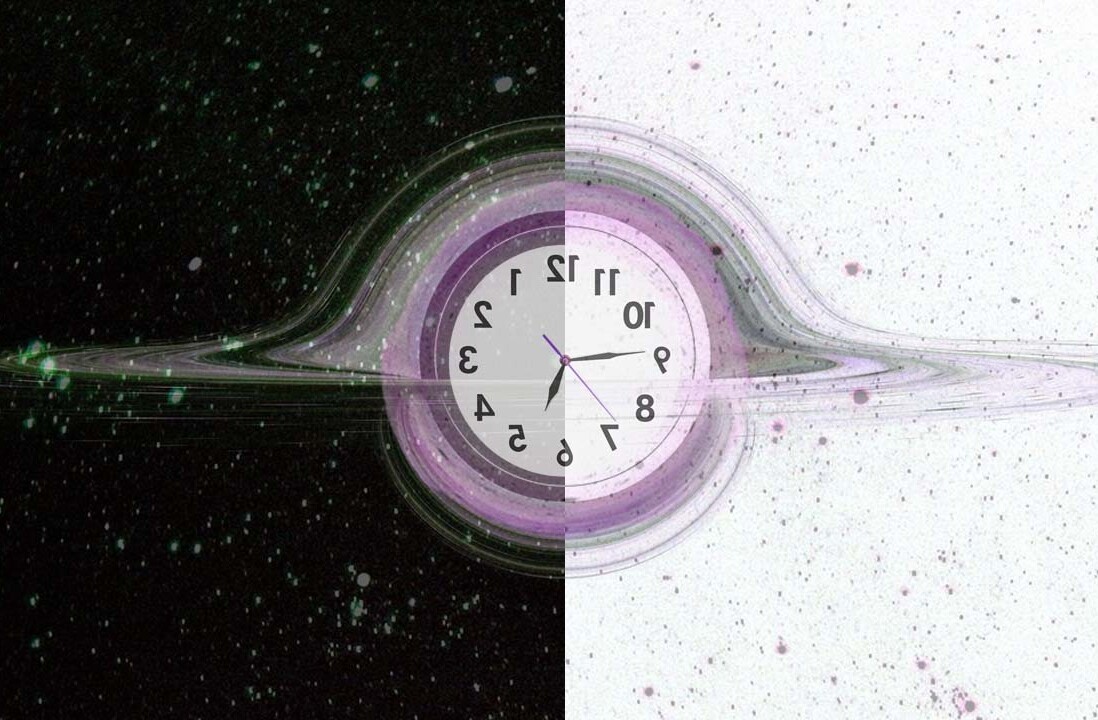
A team of researchers from the Spanish National Cancer Research Centre have developed a method for creating a sort of ‘super mouse’ that’s slimmer, cancer resistant, and lives 25% longer than regular mice.
Astonishingly, this feat’s been accomplished without gene therapy. Rather than cut and paste genes together to create a designer mouse, the researchers combined two zygotes to create a chimera with one, specific defining feature: hyper-long telomeres.
Scientists have long suspected that telomeres, the protective envelopes that keep our genetic data safe, were the key to aging. Whenever our cells divide, our telomeres become shorter and we lose little bits and pieces of our chromosomes. It’s sort of like making a copy of a copy, eventually our cells lose so much information that the aging process takes over.
Previous research has shown that longer telomeres should, theoretically, lead to an increased lifespan but scientists before now have only bred laboratory mice with some elongated telomeres. According to the Spanish team’s research paper:
We generated mice in which 100% of their cells are derived from hyper-long telomere ES cells. We observe that these mice have longer telomeres and less DNA damage with aging. Hyper-long telomere mice are lean and show low cholesterol and LDL levels, as well as improved glucose and insulin tolerance. Hyper-long telomere mice also have less incidence of cancer and an increased longevity.
Previous findings had led researchers to believe that longer telomeres may be associated with certain types of cancer, but the Spanish team’s findings indicate precisely the opposite. They found that the presence of cancer or the appearance of spontaneous tumors was reduced in the chimera mice.
These experiments could one day lead to longer human lives. While we could be years or even decades away from robust human trials, there’s reason to believe a little nudge from science could send human evolution skyrocketing toward a future where death’s been beaten back substantially and cancer doesn’t exist.
According to the researchers:
These results also suggest that there is not a negative selection for individuals with longer telomeres than normal in species, and therefore, one can envision that natural selection processes which favor individuals with longer telomeres within a given species, could potentially increase species longevity.
Read next: To hell with aging: Watch this YouTube video about a dragon
Get the TNW newsletter
Get the most important tech news in your inbox each week.




